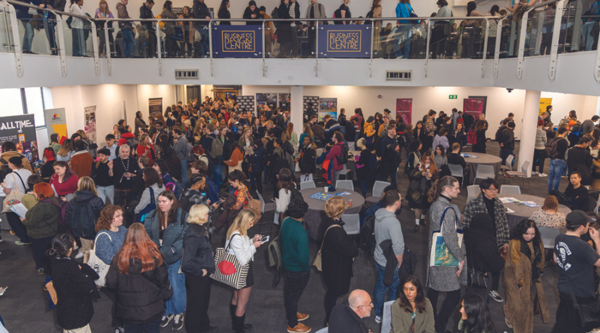Production Focus: Timewasters
Timewasters follows a London jazz quartet who reluctantly time travel to the 1920s, encountering a host of bizarre situations and characters.
Among the band is Nick (Daniel Lawrence Taylor), Jason (Kadiff Kirwan), Lauren (Adelayo Adedayo) and Horace (Samson Kayo).



